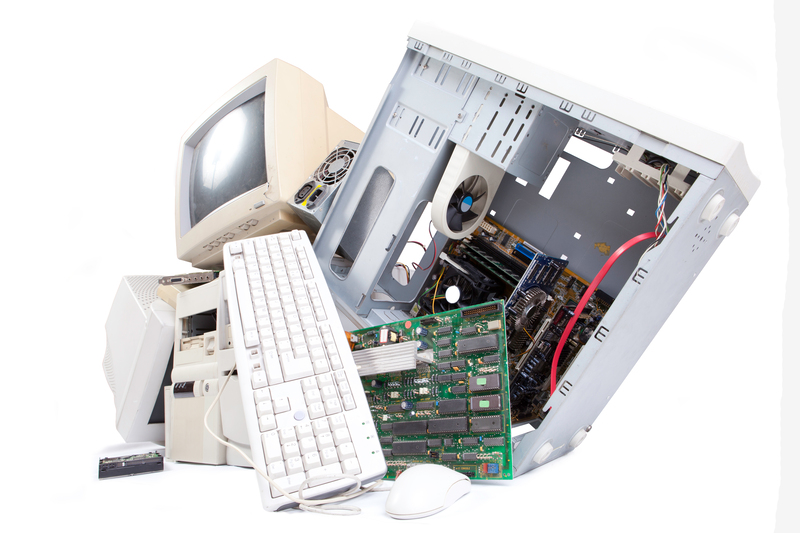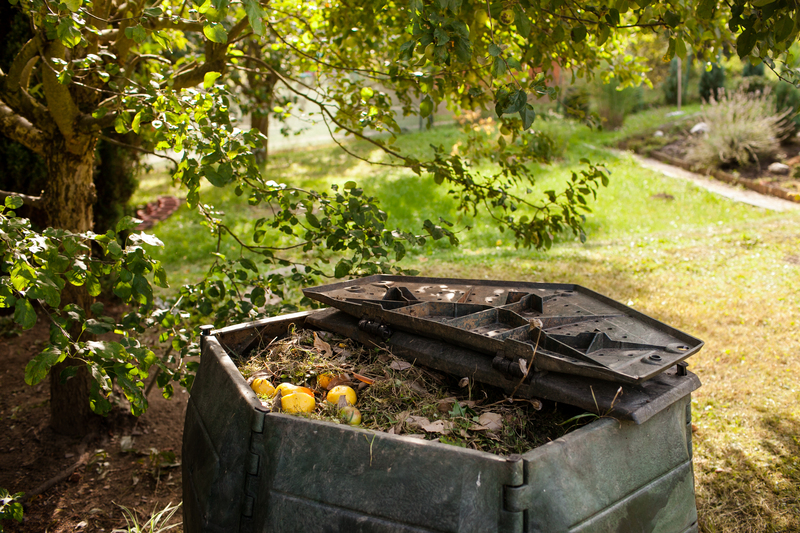In today's rapidly developing world, the challenge of managing waste efficiently has become more critical than ever. Poor waste management practices lead to severe environmental consequences that affect not only our ecosystem but also human health and the economy. This article explores the multifaceted impacts of inadequate waste disposal and recycling practices on our planet.
The Impact of Poor Waste Management on the Environment
Our ecosystem is a fragile network of living organisms working in harmony with their non-living surroundings. When this balance is disrupted by improper waste disposal, the consequences can be dire. Below are the key ways in which poor waste management practices harm our ecosystem:
1. Soil Contamination and Degradation
One of the primary environmental effects of inadequate waste disposal is soil contamination. When toxic waste materials, such as heavy metals and chemicals, are not properly handled, they leach into the ground, contaminating the soil. This degradation leads to reduced soil fertility, affecting plant growth and agricultural productivity. Contaminated soil can also impact wildlife, disrupting local ecosystems.
2. Water Pollution
Water bodies worldwide are under threat due to poor waste management practices. Liquid waste, especially from industrial sources, often finds its way into streams, rivers, and oceans. This pollution compromises water quality, harming aquatic life and disrupting marine ecosystems. Moreover, polluted water poses health risks to humans, who rely on these water bodies for drinking water and recreation.
3. Air Pollution
Improper waste disposal contributes significantly to air pollution. Activities such as burning waste release harmful pollutants, including carbon dioxide, methane, and toxic compounds, into the atmosphere. This not only worsens air quality but also contributes to climate change through the emission of greenhouse gases. The presence of these pollutants in the air can lead to respiratory issues in humans and threaten wildlife.
4. Threat to Wildlife
Wildlife is particularly vulnerable to the effects of poor waste management. Animals often ingest or become entangled in plastic and other waste materials, leading to injury or death. Additionally, ecosystems become destabilized when habitats are destroyed or polluted by waste, potentially leading to loss of biodiversity.

The Economic and Social Costs of Ineffective Waste Management
Inefficient waste management is not only an environmental issue but also an economic and social one. The costs associated with cleaning up and restoring polluted environments are substantial, and the adverse effects on public health from pollution can lower quality of life and increase healthcare expenses.
Economic Implications
- High costs associated with environmental remediation and clean-up activities.
- Loss in tourism revenue due to polluted natural attractions and degraded landscapes.
- Negative impacts on fisheries and agriculture, leading to economic losses in these sectors.
Social Consequences
- Increased health risks and associated expenses for communities affected by pollution.
- Reduced quality of life as a result of pollution-related problems, such as unpleasant odors and unsightly waste.
- Disproportionate impacts on low-income and marginalized communities, often residing near waste disposal sites.

Sustainable Practices for Effective Waste Management
Transitioning to sustainable waste management practices is crucial for protecting our ecosystem and ensuring long-term social and economic well-being. Here are some strategies that can be implemented to improve waste management:
1. Education and Community Involvement
Raising awareness about the impact of poor waste management and educating communities on proper disposal methods are essential steps. Encouraging community involvement in waste reduction initiatives can lead to more effective and lasting changes.
2. Investment in Recycling Infrastructure
Building robust recycling facilities and systems can drastically reduce the amount of waste that ends up in landfills or the natural environment. Establishing efficient recycling programs encourages the reuse of materials, decreasing the need for new raw resources and minimizing environmental pollution.
3. Implementation of Waste-to-Energy Technologies
Utilizing waste-to-energy technologies can convert waste materials into usable electricity or heat, reducing landfill waste while generating renewable energy. This approach can significantly lower greenhouse gas emissions and reliance on fossil fuels.
4. Strengthening Regulations and Policies
Enforcing stricter regulations on waste disposal and management can drive positive environmental changes. Policymakers need to develop comprehensive policies to ensure that waste is processed in an eco-friendly manner.
Conclusion
Effective waste management is critical for preserving our ecosystem and ensuring the health and prosperity of future generations. By addressing the detrimental impacts of poor waste management practices, we can pave the way for a sustainable and environmentally friendly future. It is imperative to adopt innovative solutions and foster collaborative efforts among individuals, communities, businesses, and governments to safeguard our planet.
Our actions today determine the health of our earth and ecosystems for tomorrow. It's time to take responsibility and commit to better waste management practices to protect our environment.